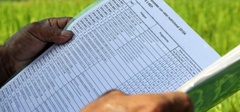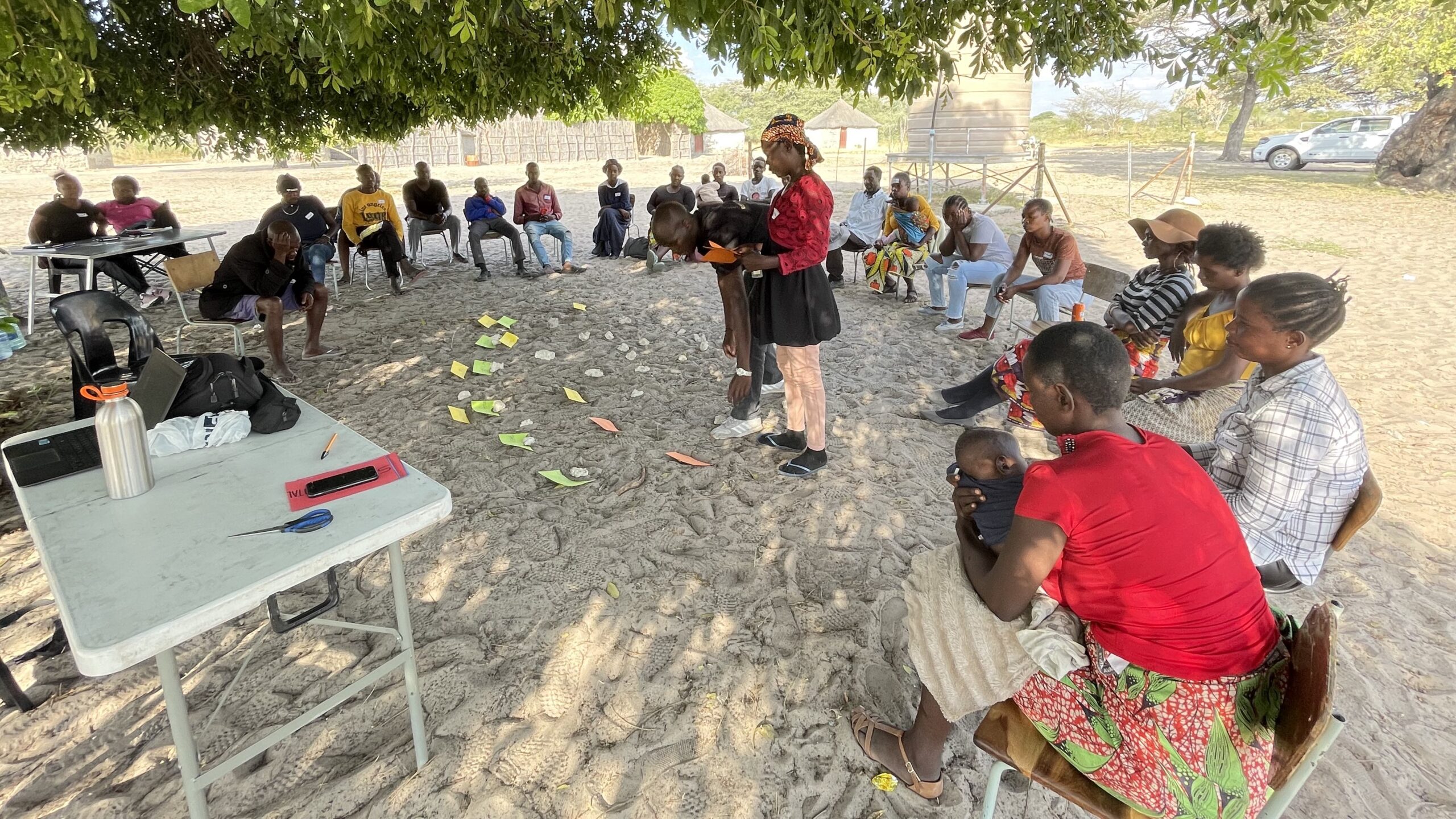The following post by Kate Langford is an excerpted version of a story originally published on the World Agroforestry Centre’s News and Events site.
In the scientific world where publications are of paramount importance, CGIAR scientists are proposing a shift where data methods and ideas – the real currency of good research and scientific knowledge –are recognized for their ability to accelerate impact, not just high impact publications.
A new white paper developed by scientists from across the CGIAR’s 15 centers puts forward several recommendations on how data generated by the centers can not only be made widely available but also used to maximize the CGIAR’s impact on development.
Lead author, Anja Gassner, Head of the Research Methods Group with the World Agroforestry Centre, says there is increasing pressure on scientific organizations – especially those that are publicly funded – to make their data more available, reusable and reproducible, and rightly so.
“The difficulty is that grant awards and performance evaluations of scientists focus heavily on publication in high impact journals, and data management is very often left out of budgets in research projects,” explains Gassner.
“There is little recognition placed on the scientific sophistication required to produce quality research through applying technical rigor to data collection, ensuring completeness of data and its description, and alignment with existing standards.”
Gassner and colleagues hope their white paper, titled: Shifting the goalposts—from high impact journals to high impact data, will generate discussion within the CGIAR that could help to reverse the situation. They recommend performance evaluations at the scientist and center levels move away from using indicators based on publishing records towards assessing quality of research itself.
Related Materials
* CGIAR White Paper (2013)
* IFPRI Dataverse (Open Data Repository







